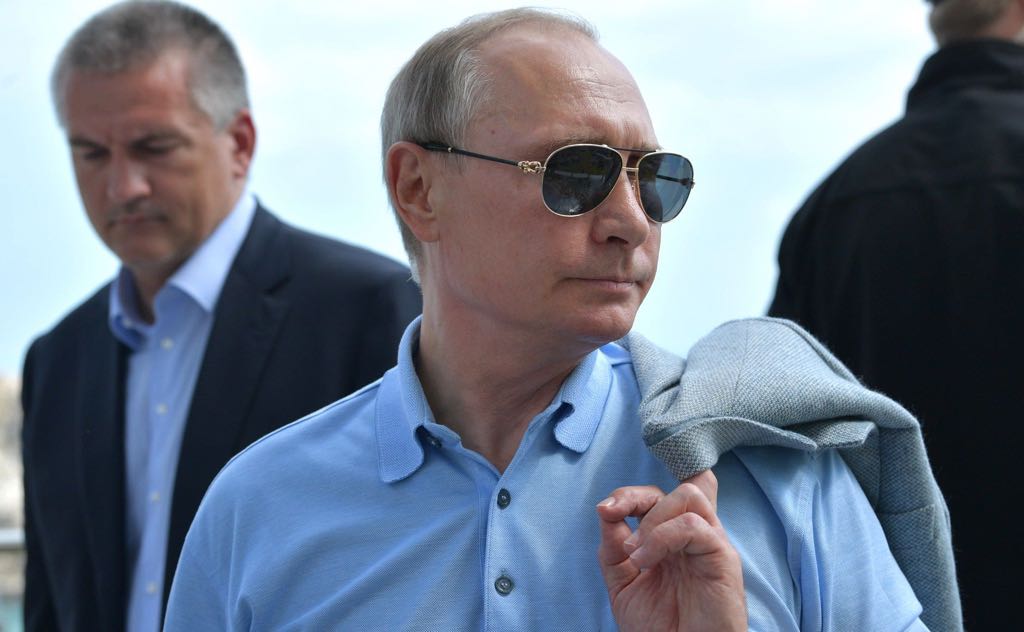How the West misunderstood the criminals in the Kremlin
Several months into Russia’s full-scale invasion of Ukraine, the global discussion about the war has divided into two opposing camps. In Ukraine and across the West, as well as in Russia’s own antiwar movement, the dominant view is that Vladimir Putin’s regime started the conflict in order to expand Moscow’s power and reclaim lost imperial territories. The 'realists' in the other camp blame the ‘Collective West’ for provoking the war by ignoring Russia’s objective interests. According to historian and journalist Yaroslav Shimov the war proves that the Putin regime is a ‘mafia state. Europe and the United States fail to understand this.

